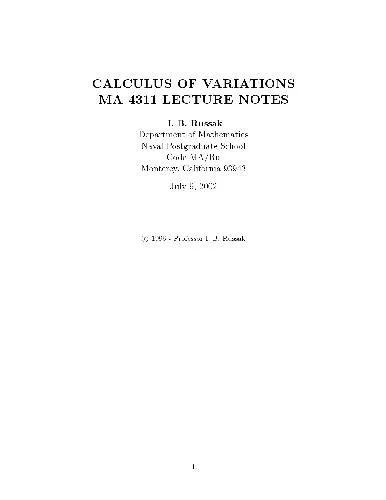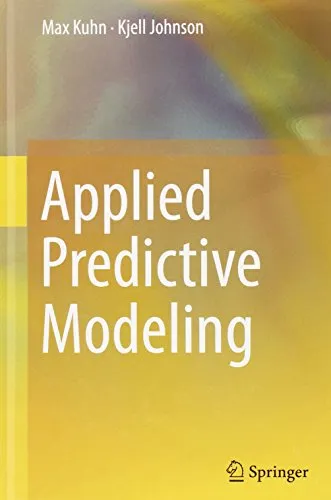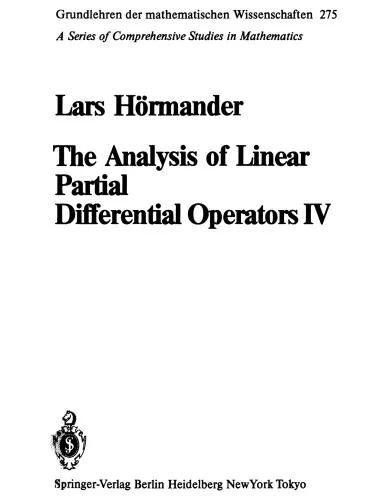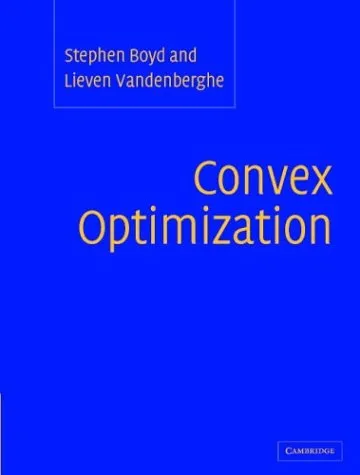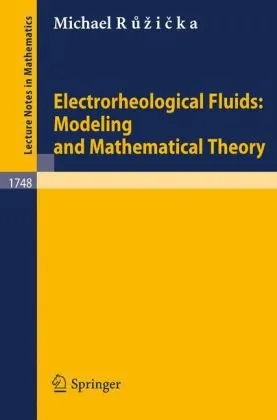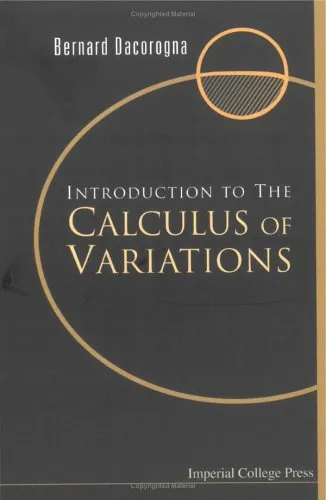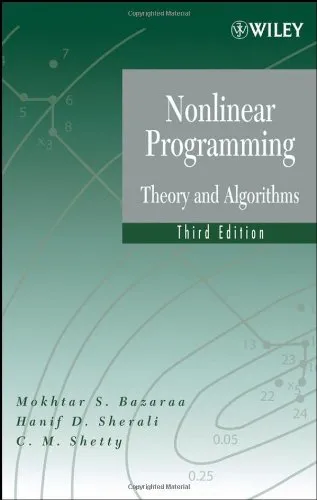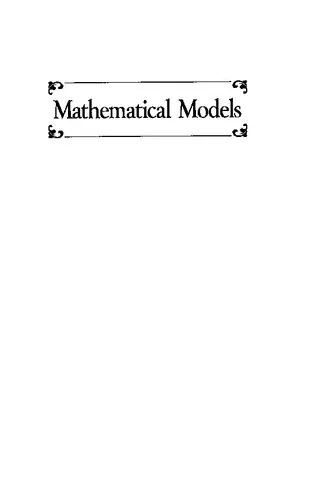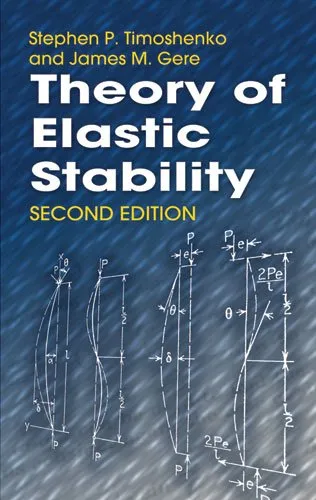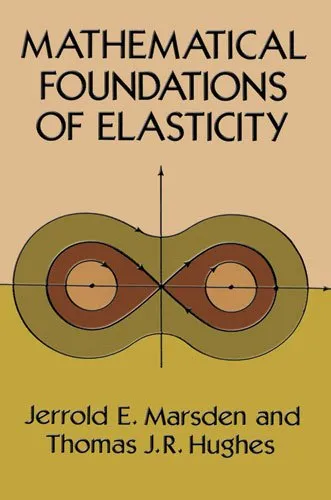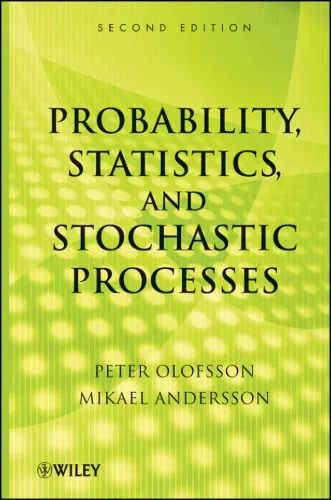Calculus of variations
5.0
Reviews from our users

You Can Ask your questions from this book's AI after Login
Each download or ask from book AI costs 2 points. To earn more free points, please visit the Points Guide Page and complete some valuable actions.Related Refrences:
Introduction to "Calculus of Variations"
Calculus of Variations is a profound field of mathematical analysis that focuses on optimizing functionals, which are typically integrals dependent on functions. Through its rich history and significant applications in diverse scientific fields, this book takes you on a journey that illuminates the elegant interplay between mathematical rigor and practical application. Authored by Russak I.B., this text serves as both an introduction and an in-depth exploration of the field, catering to students, researchers, and professionals alike.
Detailed Summary of the Book
Comprised of meticulously structured chapters, this book begins with basic concepts essential to understanding the foundations of calculus of variations. You will be guided through the historical developments that laid the groundwork for modern applications. Each chapter is dedicated to unraveling the intricacies of variational principles, facilitating a comprehensive understanding through theoretical explanations, problem-solving techniques, and examples.
The book initiates with classical topics, introducing Euler-Lagrange equations, which form the core of solving variational problems. Gradually advancing, the text delves into more complex ideas such as Noether's Theorem, which relates symmetries and conservation laws within physics and mechanics. Beyond theory, the book addresses contemporary applications including connections to quantum mechanics and general relativity, establishing relevance across various research domains.
Readers are encouraged to engage with the material through carefully selected exercises at the end of each chapter. Implementing concepts learned in preceding sections fosters deeper intellectual engagement and cements understanding, preparing the reader to tackle advanced research or practical problems.
Key Takeaways
- Develop a robust understanding of the fundamental principles governing the calculus of variations.
- Learn to derive Euler-Lagrange equations and apply these concepts to solve variational problems.
- Explore advanced topics and applications that bridge mathematical theory with practical scientific inquiry.
- Master problem-solving strategies through a variety of exercises designed to reinforce theoretical knowledge.
- Equip yourself with the analytical tools necessary for progression into advanced research or academic pursuits.
Famous Quotes from the Book
"In seeking solutions, one must not forget that the elegance of mathematics lies as much in its logic and structure as it does in its powerful application."
"The calculus of variations is not just a tool, but a bridge connecting abstract mathematics with the dynamic physical world."
"To understand is not simply to solve, but to appreciate the journey of unveiling mysteries contained within mathematical forms."
Why This Book Matters
The significance of "Calculus of Variations" extends beyond its mathematical formulations; it lies in its potential to unlock answers to real-world problems. By understanding the variational method, readers can appreciate the breadth of its implications in physics, engineering, economics, and beyond. The book serves as an essential resource for aspiring scientists and mathematicians, providing not only theoretical insights but also the skills to apply this knowledge in tackling complex challenges. Whether for academic research, teaching, or professional application, this book stands as a vital tool for those seeking to expand their analytical capabilities and make meaningful contributions to their respective fields.
Free Direct Download
You Can Download this book after Login
Accessing books through legal platforms and public libraries not only supports the rights of authors and publishers but also contributes to the sustainability of reading culture. Before downloading, please take a moment to consider these options.
Find this book on other platforms:
WorldCat helps you find books in libraries worldwide.
See ratings, reviews, and discussions on Goodreads.
Find and buy rare or used books on AbeBooks.
1276
بازدید5.0
امتیاز0
نظر98%
رضایتReviews:
5.0
Based on 0 users review
Questions & Answers
Ask questions about this book or help others by answering
No questions yet. Be the first to ask!
